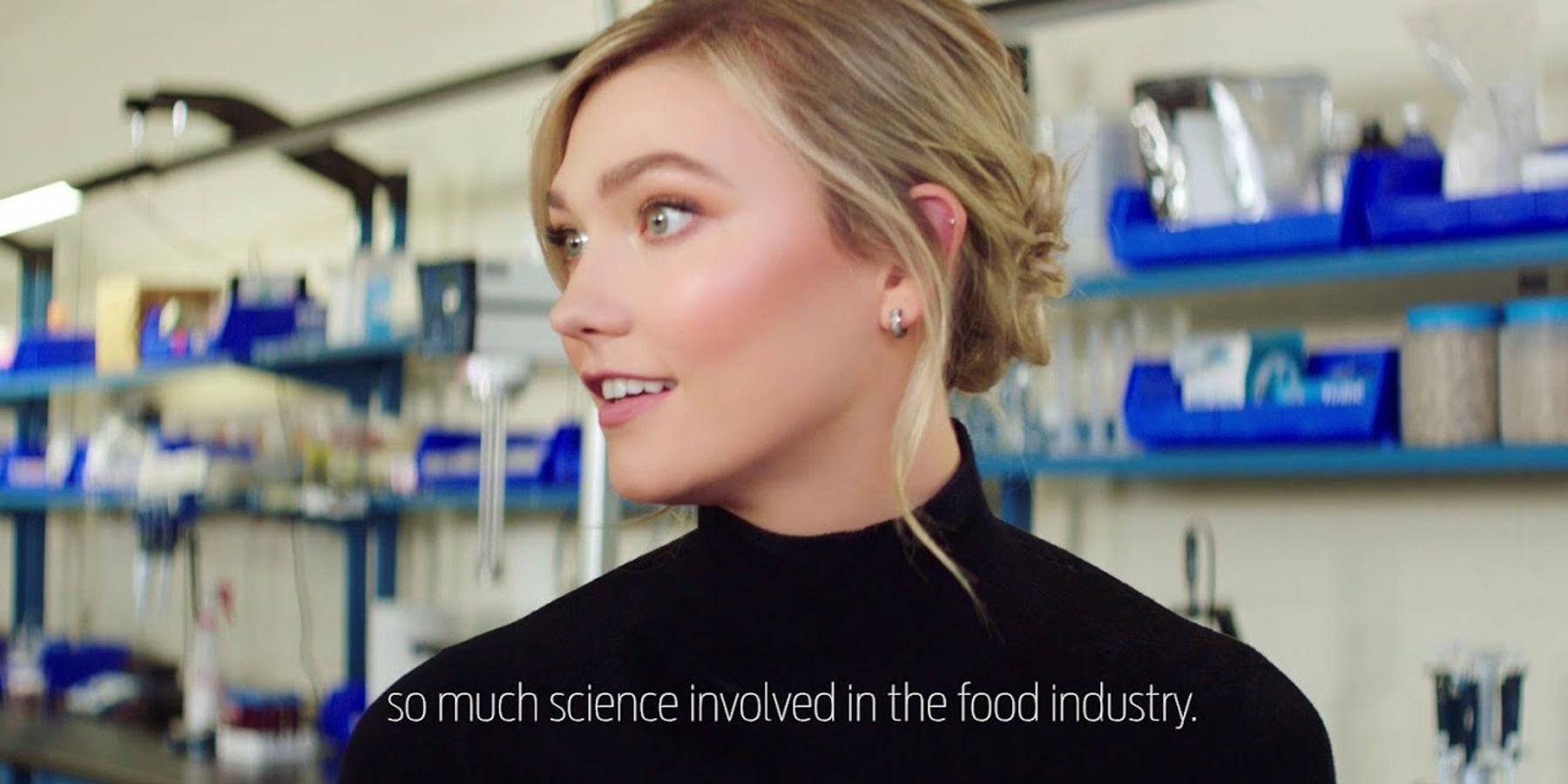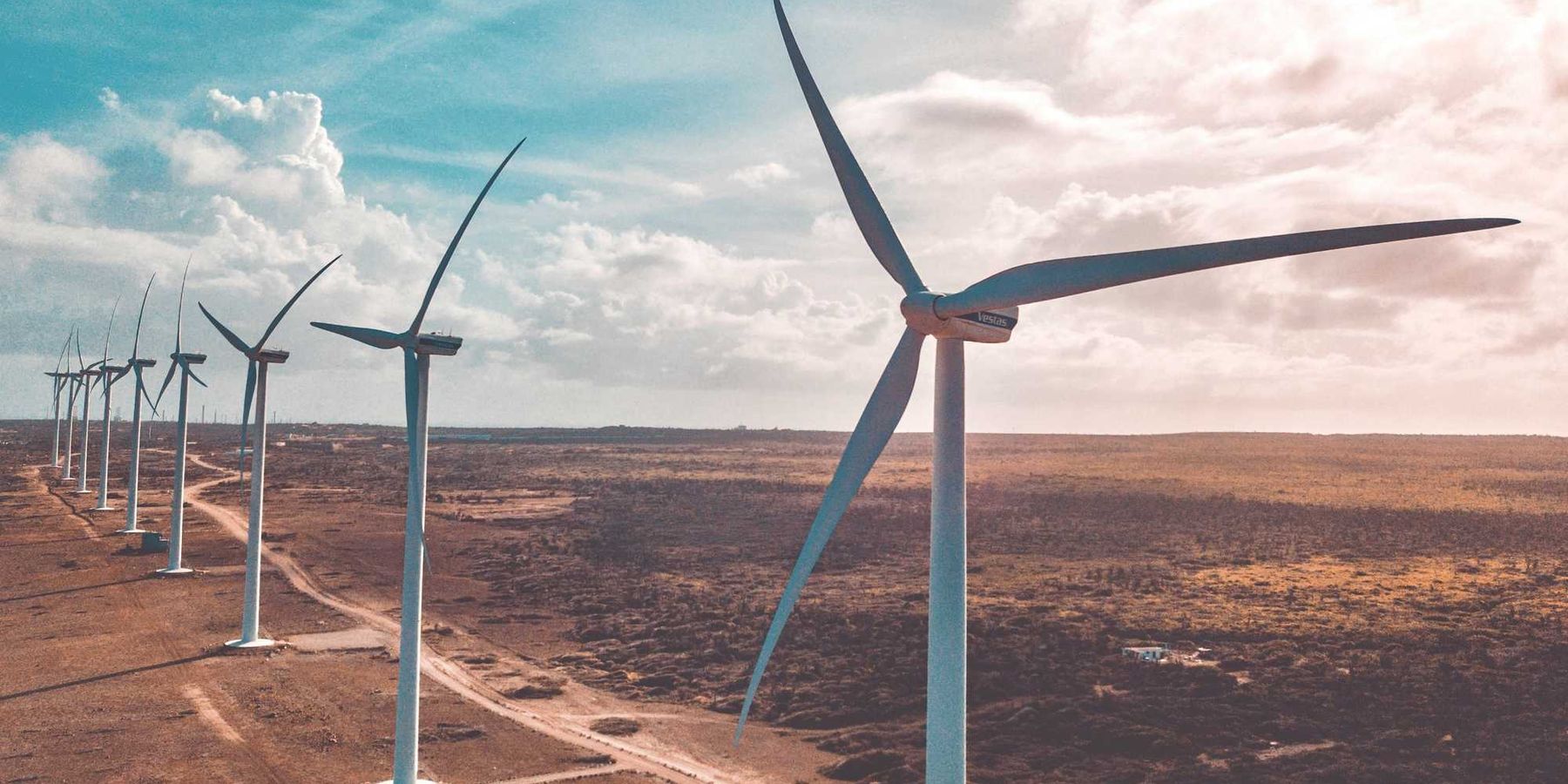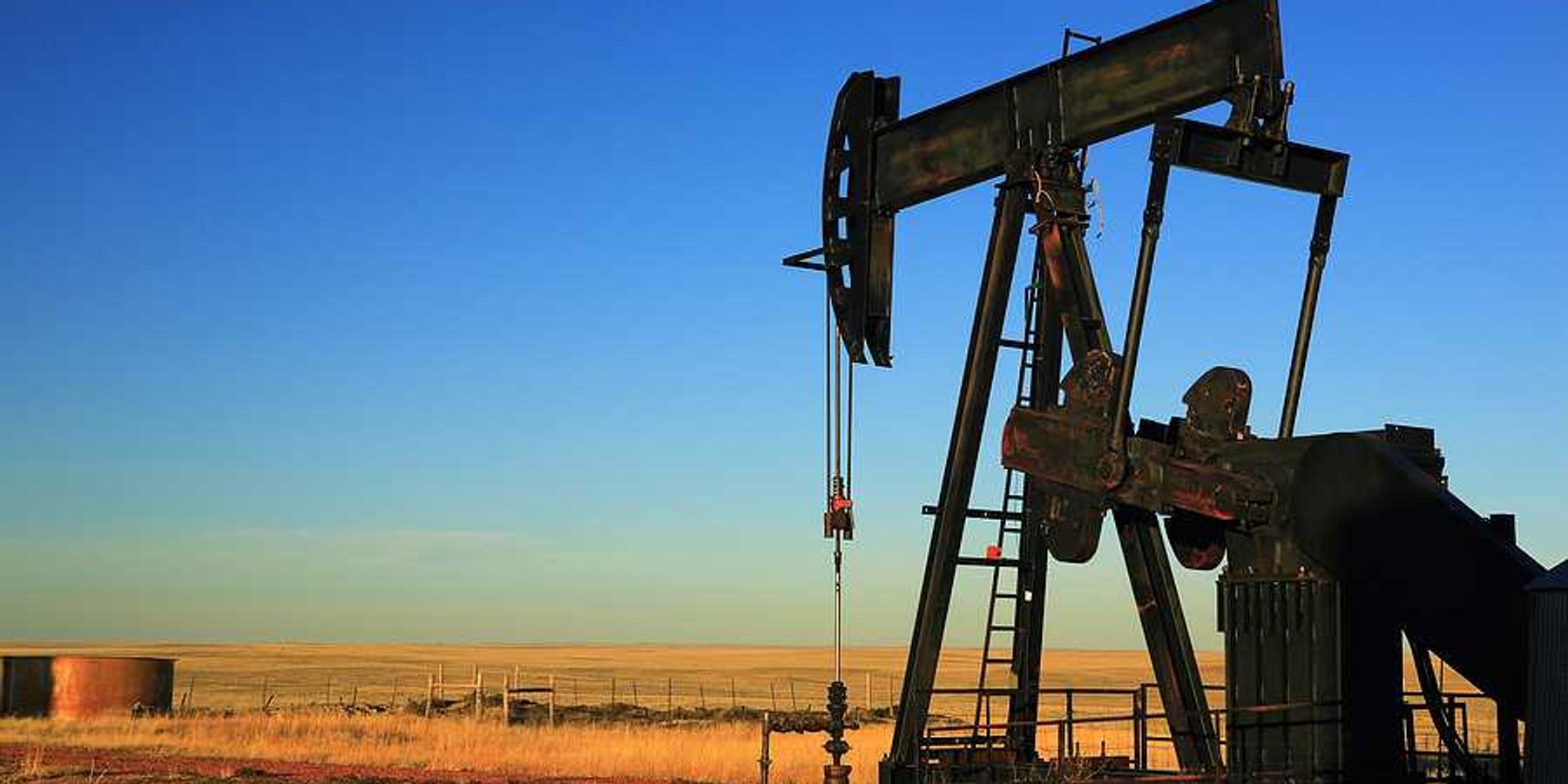Commentary: Changing diets isn't enough—we need science and technology to wean us from meat
To invest in a cleaner food future, it's time to invest in both the budding clean meat and plant-based meat industries.
Talk with nearly any climate expert who wants to wean humanity off of fossil fuels and prepare yourself for a list of technological solutions.
From wind and solar to fusion and geothermal, you're far more likely to hear about the need to incentivize scientific innovation than you are about Jimmy Carter-esque pleas for us to turn down the heat and leave our cars at home.
Sadly, as wise as Carter's suggestions may have been, such appeals often just don't work with most people.
Those experts are right: we're going to have to change our energy sources—and soon. But increasingly, environmental groups are making it clear that yes, fighting climate change means reducing our use of smokestacks, but it also means doing the same with our half-smokes. There's now a fairly broad expert consensus that we can't avert the most serious climate consequences without a dramatic reduction in livestock-raising.
Greenpeace just issued a report declaring that we need to cut meat consumption in half for climate purposes. The Center for Biological Diversity says that if we want to prevent wildlife extinction, the best thing we can do is eat less meat. And the Union of Concerned Scientists concludes that two of the leading causes of global deforestation are the creation of pasture land for cattle grazing and growing crops to feed animals confined on factory farms.
These groups are hitting the nail on the head in their diagnoses of animal agribusiness as a major threat to the planet. However, unlike with fossil fuels, many of the recommendations to solve the problem of factory farms rest with the individual consumer: simply make the conscious choice to eat less meat. And as good of an idea as that is for both planetary and personal health reasons, we can't ignore that this problem is unlikely to be solved by individual action alone. Like clean energy, it will also take a technological revolution.
Just as we need superior alternatives to fossil fuels that still give us the same functionality of heat, light, and transportation to which we're accustomed, we need the same for meat. Fortunately, there are some promising options that may just allow us to have our meat and eat it too.

Credit: Compassion Over Killing/flickr
One such alternative to factory farming of animals is "clean meat," or real meat grown from animal cells rather than animal slaughter. It's a simple idea: Just take a miniscule biopsy of muscle tissue from an animal, put those cells in a cultivator where they think they're still in the animal's body, and watch them grow into the same exact muscle (i.e., meat) they would've become inside the body.
It may sound like science fiction, but with a cadre of start-ups racing to commercialize the world's first real animal products grown without animals, it's now science fact. As someone who's eaten this clean meat many times, I can attest that it tastes good. In fact, it tastes like meat since that's, well, exactly what it is.
Even meat giants like Cargill and Tyson see the promise in cleat meat, both having now invested in Memphis Meats, one such start-up based in California. In a Fox Business interview, Cargill CEO David MacLennan discussed his new investment: "Call it 'clean meat' if you will. It's a way to produce meat in a different alternative that isn't as resource-intensive."
Just how much less resource-intensive? The environmental benefits could be astounding. One study by Oxford University's Hanna Tuomisto concluded that growing clean beef could use 99 percent less land, 96 percent less water, yet emitting 96 percent fewer greenhouse gases than raising cattle for beef.
Clean meat isn't an alternative to meat any more than ice from your freezer is an alternative to ice formed in a wintry lake. Both are ice, but one is formed without human intervention and the other through technology. Similarly, clean meat is real meat, but just grown with far fewer resources and fewer food safety concerns.
Such meat is still years—though not decades—away from being a regular presence on grocery shelves. In the meantime, there's another food science revolution that's poised to play a major role in addressing the problem.
Just as plant-based milks like almond and soy milk have exploded in popularity in recent years, plant-based meats are poised to do the same. These products may not be actual meat, but companies like Beyond Meat and Gardein are now making alternatives that regularly appeal to the most inveterate carnivores. Just like with plant-based milk, consumers of plant-based meats aren't being asked to give up the tastes that they love; they're simply being offered what looks and tastes like the same thing, but without the same type of planetary problems (nor the cholesterol for that matter).
Yes, we'd all be better off eating less meat and enjoying more whole foods plant-based meals like brown rice and beans on whole wheat tortillas. But meat production is on the rise, both in America and throughout the world. In the U.S., we still eat more meat per person than just about any nation in global history.
Weaning ourselves won't be easy—from fossil fuels or factory farms. But without technological innovations that make doing the right thing the easy and economical thing, the task may be near-impossible. To invest in a cleaner food future, it's time to invest in both the budding clean meat and plant-based meat industries.
Paul Shapiro is the author of Clean Meat: How Growing Meat Without Animals Will Revolutionize Dinner and the World.














